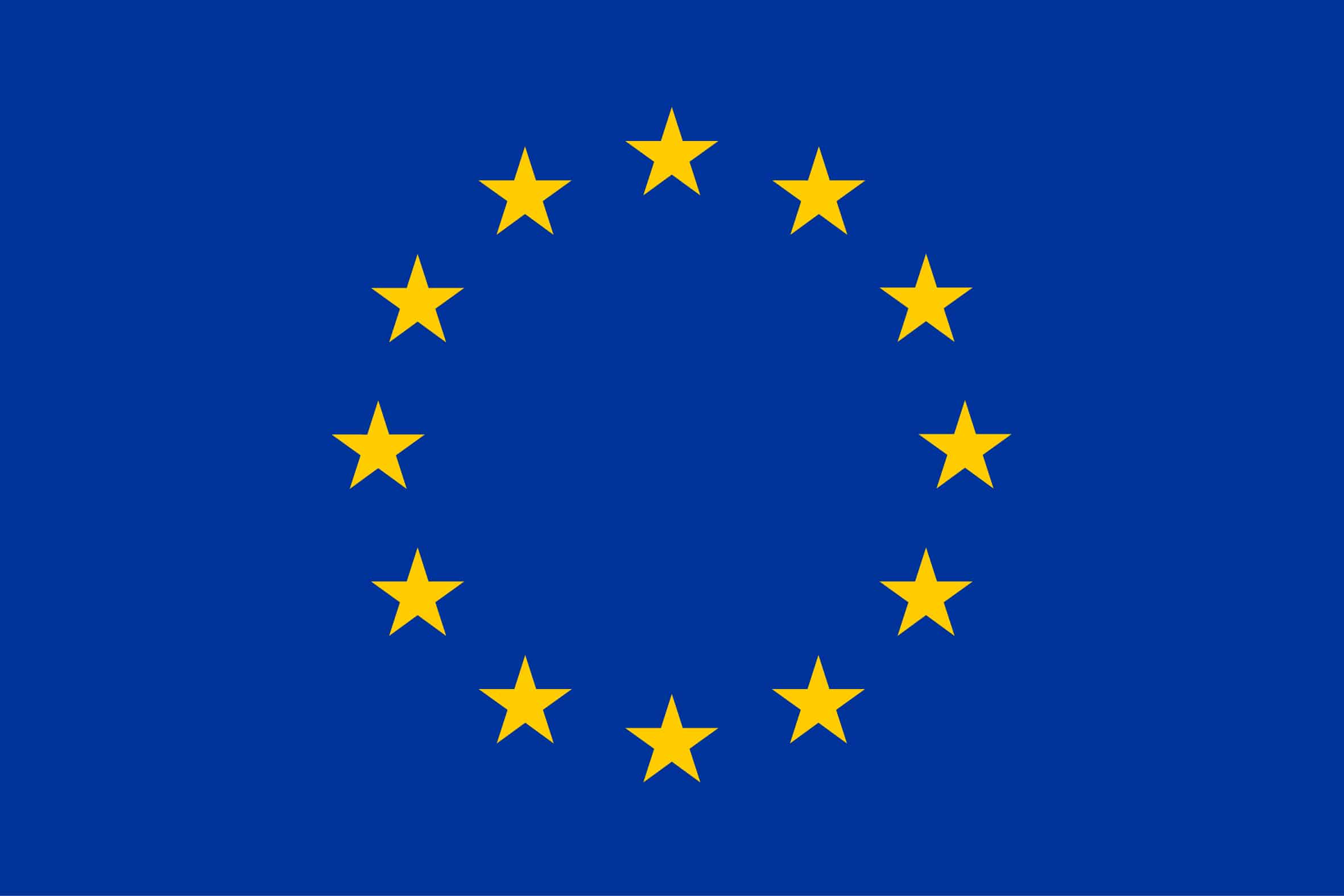As part of our EU advocacy, in collaboration with our colleagues in Romania and Bulgaria, we contributed to the European Commission’s Recommendation on integrated child protection systems.
This is a significant step towards ensuring that child protection is at the forefront of the policies of the EU Member States and beyond, and a great opportunity to address care reform.
Quality child protection systems focus on upholding children’s rights and protecting them from harm. They are also defined by their ability to prevent unnecessary family separation, and by their capacity to provide adequate alternative family-based care for children, in line with their specific needs and best interests.
In our contribution, we call on the Commission to include the following points in its Recommendation to the Member States:
Address the root causes of family separation and child institutionalisation
Mature child protection systems prioritise preventing situations of risk for children. To prevent family separation and child institutionalisation, it is key to strengthen families, alleviate poverty, champion disability inclusion and provide quality education for all children.
Strengthen legislative and regulatory frameworks, including child protection policies
It is crucial that the right of the child not to be separated from their families and grow up in a loving and stable environment is recognised in the legislative framework of EU Member States.
Establish governance and coordination structures
Collaboration between different sectors such as welfare, education, health, security, justice, and migration is essential to avoid fragmentation in the response, and minimise trauma for children. Therefore, collaborative platforms that bring together community stakeholders, authorities and the civil society are essential. These platforms should be responsible for identification, referrals, and
decisions about child protection and care at both local and national levels.
Ensure a continuum of services
Member States should commit to ensuring family and community-based care for all children. To make this possible, it is necessary to strengthen national social protection systems and ensure a safe transition process for children and young care-leavers, tailored to their individual needs and circumstances.
Secure minimum standards and oversight mechanisms
Formal alternative care settings, including foster care, must meet minimum standards. Measures, indicators and tools, and monitoring and evaluation systems should be in place under the auspices of a national coordinating framework. Member States should assess the availability, accessibility, inclusivity and quality of existing prevention and alternative care services in the community.
Support the child protection systems through human, financial, and infrastructure resources
Services for preventing family separation and providing quality alternative family and community-based care must be well-funded and prioritized. The relevant staff should also be provided with training.
Ensure mechanisms for child participation
It is crucial to ensure continuous engagement of all children and youth within decision-making processes, fostering their active participation and providing them with a platform where their voices can be heard.
Establish data collection and monitoring mechanisms
Member States must comprehensively monitor the situation of children in alternative care, including those with disabilities. This mapping should also include assessing the capabilities of the national social workforce, case management capacity, and the resources within the system.
The European Commission will use this Recommendation as a reference point for child protection systems in the EU. It will also serve as inspiration for EU enlargement countries. Therefore, we hope to see our recommendations linked to care reform in its final text and in the coming months will advocate further for securing this.
